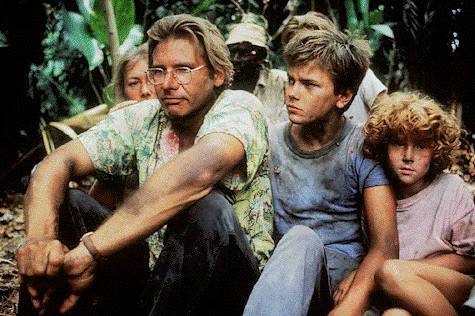
In this ending moment where all questions are answered we find Rusty struggling with the fact that one of the women he once loved is now dead. We also find that not only is she dead, but even while cleared of murder Rusty is still deserving of guilt. While his wife is the one who killed Rusty's lover, he is still in some sense responsible. Rusty was the one having the affair and due to his lack of love and care for his wife she went crazy. This was a great surprise to me but a very unique end to the movie. The guilt is manifested by the hammer and the court room as the movie closes. Rusty tells the audience that there was a crime and someone was to be punished. He does not mention who is punished but we can imagine that he is referring to every party involved. The crime of passion, to make love and to murder for love and fear hurts many parties involved.

During the scene between Rusty and his wife she explains that she could not help but kill Carolyn. She was originally thinking of ending her own life but instead would "destroy the destroyer" and bring their family back to a healthy place. Rusty in this moment realizes that while his wife did in fact murder Carolyn, he had just as much a part in her death as the murderer. His cruelty to his family was a crime that caused the woman he was obsessed with to be killed and be framed for the crime. So while his wife steps downstairs with a "I did it, I fooled them all" Rusty realizes that he has never once fooled his wife and he is just as guilty if not more for all crimes present in this movie.




